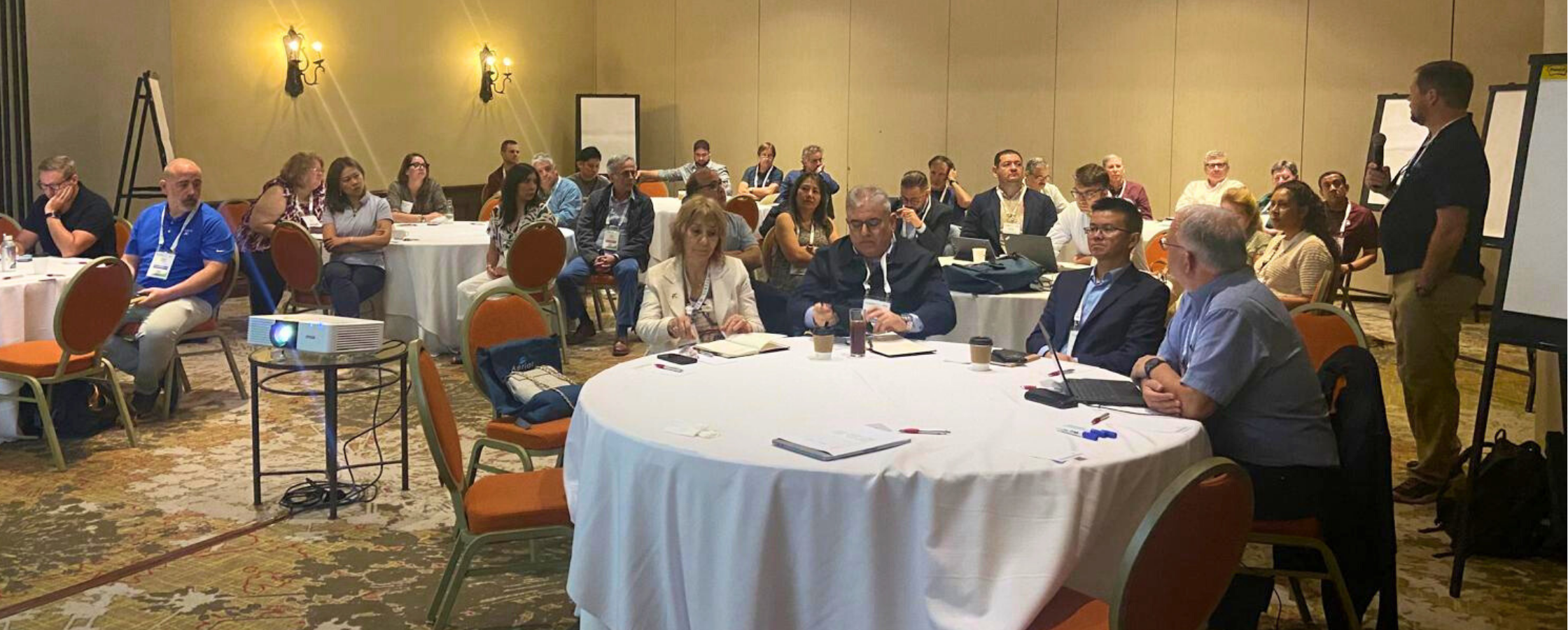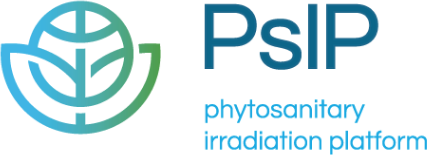
Summary of the ‘Unlocking the Potential of Phytosanitary Irradiation’ Workshop
The ‘Unlocking the Potential of Phytosanitary Irradiation’ workshop, held before IMRP 2024 in Costa Rica, brought together 35 participants from 13 countries to explore and identify the necessary steps to support and promote the phytosanitary irradiation industry. The PsIP would like to thank all participants for contributing towards this energetic and productive workshop.
The workshop began with three opening presentations from industry experts, then moved towards interactive discussion with participants. The meeting highlighted the difference between ‘phytosanitary irradiation’ that treats fresh products for biosecurity purposes, ‘food irradiation’ for food safety and security purposes and ‘sterile insect techniques’ used to mitigate damage caused during the in-field growth stage. With its complex stakeholder landscape, phytosanitary irradiation addresses biosecurity needs while facilitating international trade.
Trade & Biosecurity: The dual drivers of phytosanitary irradiation
Discussions highlighted the dual drivers of phytosanitary irradiation: trade and biosecurity. Trade opportunities are enhanced once biosecurity risks are addressed. Trade opportunities are further enhanced as irradiation can contribute to cost efficiency, product quality, availability, and speed. Biosecurity is of importance where there is a risk that invasive pests could cross regional, national or international borders resulting in the spreading of pests that could result in long-term damage to ecosystems. Techniques to address biosecurity are limited, with diminishing alternatives while maintaining controls that offer reliable solutions. Irradiation provides an effective solution whilst also addressing sustainability, preparedness, and trade security.

The workshop explored the wide array of challenges in implementing this technology, including regulatory compliance, facility design, market access, and consumer acceptance, underscoring the multidisciplinary effort required to succeed.
The Three Pillars: A framework for addressing all challenges
To focus efforts and address the complex challenges that come with implementation the workshop organised discussions around three pillars: ‘Facilities’, food ‘Standards’, and trade ‘Protocols’. These three pillars served as a framework for addressing technical, regulatory, and market-related challenges.
The workshop outcomes revealed a lack of common understanding and varying regional regulations. There was a consensus that the three pillars were a valuable tool which helped assimilate the plethora of matters that need to be addressed in order to unlock the potential of phytosanitary irradiation.

Outcomes and future actions for PsIP
The workshop considered the work of the IAEA/FAO, the focus of IFIS (International Food Irradiation Symposium) and PsIP. It was agreed that, where appropriate, the work of these three initiatives should be aligned.
The workshop helped the PsIP to identify the following future actions:
- Evolve to create a wider community of engaged participants
- Include new individuals to help support the PsIP Steering Committee
- Undertake initiatives to address matters of common interest such as
- stakeholder mapping
- hosting more regional events
- evolving strategies
- documenting best practices to guide and expand the adoption of phytosanitary irradiation
Thank you to all presenters, participants, and other contributors who joined this unique workshop. The PsIP is excited to build on the progress made during this event.
Follow the PsIP LinkedIn to be the first to see our latest updates and initiatives →

